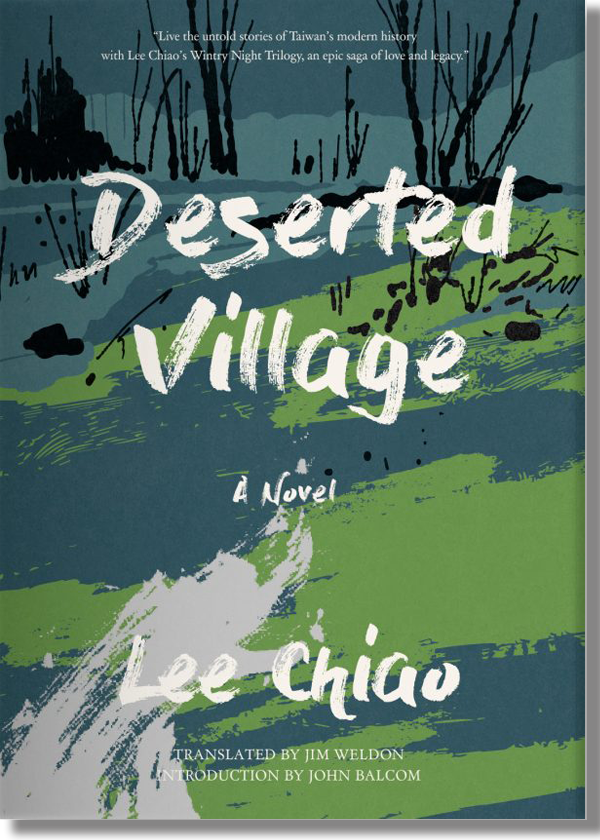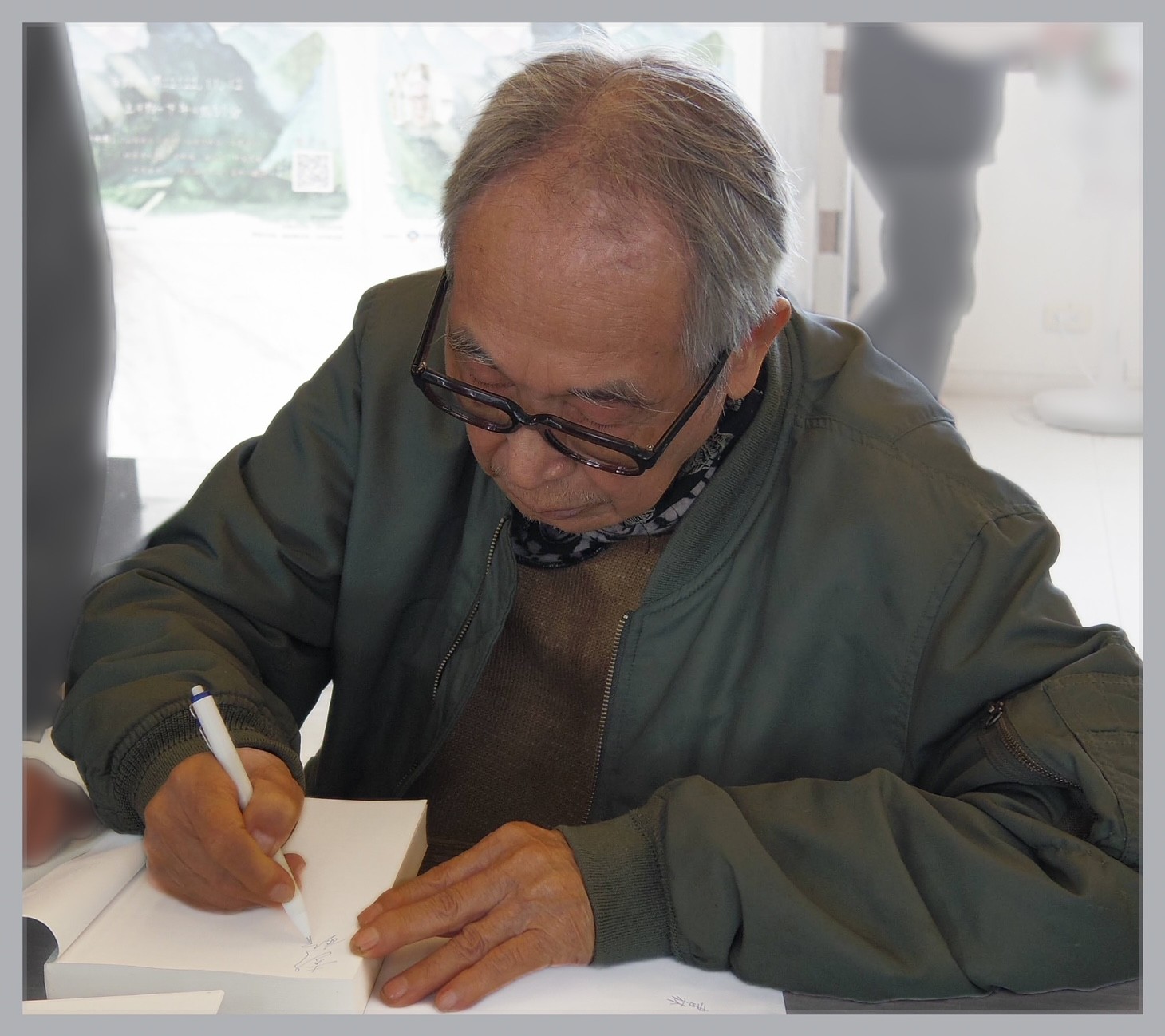
Featured Work

Notable Books
Lee Chiao
Wintry Night Trilogy - Deserted Village
Neshan Hakka Township is the origin of Lee Chiao’s literature and the foundation of his novels, which have stood tall in the literary world like mountains. This section showcases the Wintry Night Trilogy as the main theme, guiding readers into Lee Chiao’s world.
Lee Chiao said that those who engage in novel writing probably have an aspiration: to turn their most beloved, familiar, or intimately related life experiences into works, hoping to elucidate the author’s views on life, history, and so forth within these works. The Wintry Night Trilogy, composed of Wintry Night, the Deserted Village, and the Lonely Lamp, is precisely such a work. The entire trilogy consists of about 900,000 characters, subtly weaving the author’s family history into its pages while tightly linking with Taiwan’s overall historical destiny.
As part of the 2025 Taipei International Book Exhibition, Bookman Books organized a session featuring scholar Chiang Shu-chen, translator Jim Weldon, and English edition editor Ian Maxwell to discuss the translation process and challenges of Deserted Village.
OpenBook published a Chinese article on the event, highlighting key insights from the discussion.
Please click the link to read more: https://www.openbook.org.tw/2025LeeChiao
Deserted Village was drafted starting from July 1979 and completed in February 1981. It depicts the significant events of the Taiwan Farmers’ Association before and after the split of the Taiwan Cultural Association in the 1920s and 1930s. Lee Chiao considers this period the most crucial in modern Taiwanese history, yet it is also shrouded in mist. Therefore, through the actions of Liu Ahan and his son Liu Mingting, he examines the rise and fall of Taiwanese anti-Japanese groups, attempting to unveil the historical veil, show the truth, and provide personal commentary.
“Liu Mingting, this simple mountain youth, is stirred while remaining silent. He, through his lonely childhood, his mother’s tears, his father’s experiences, and his own observations, intuitively glimpses the malice of the rulers, understanding the fate of his group, being ruled.” Consequently, without hesitation, he embarks on the path of resistance. From pure survival instincts to the rise of national consciousness, then forming ideological opposition, tilting left, and eventually extinction. Was the Taiwanese resistance to colonizers’ submission due to the rulers’ oppression, or was it due to the chaos within the Taiwanese themselves? “Are we truly this kind of people?” Lee Chiao leaves a hint, inviting readers to contemplate together.
⇒Click here for more information and to preview a sample chapter⇐
==>Click here to order on Shopee<==
==>Click here to order on Books.com<==
==>Click here to order on Eslite<==
 |
Lee Chiao begins from his personal life’s starting point: the Fanzailin area of Dahu, Miaoli, while threading his self-created “philosophy of resistance” throughout the book. In the prologue of the Wintry Night Trilogy, Lee Chiao uses the symbol of the “Taiwanese mountain trout” secluded in deep mountains and valleys to reveal that despite the many hardships in life’s journey, it is also profoundly solemn and distant. Human beings depend on each other, presenting the essence of life in their arduous pursuit. This isolated and lonely “Fanzai Wood” has already transcended physical existence, ascending to become the spiritual hometown of the Taiwanese people. | |
